ICFO-TIFRH Frontiers Research School
The ICFO-TIFRH International School on the Frontiers of Light, held from October 23-25, 2024, at TIFR Hyderabad, brought together global experts and early-career researchers to explore the latest advancements in quantum and nanophotonics. Over three days, the program covered foundational concepts in quantum optics and advanced applications, such as quantum communication and photonic computing.
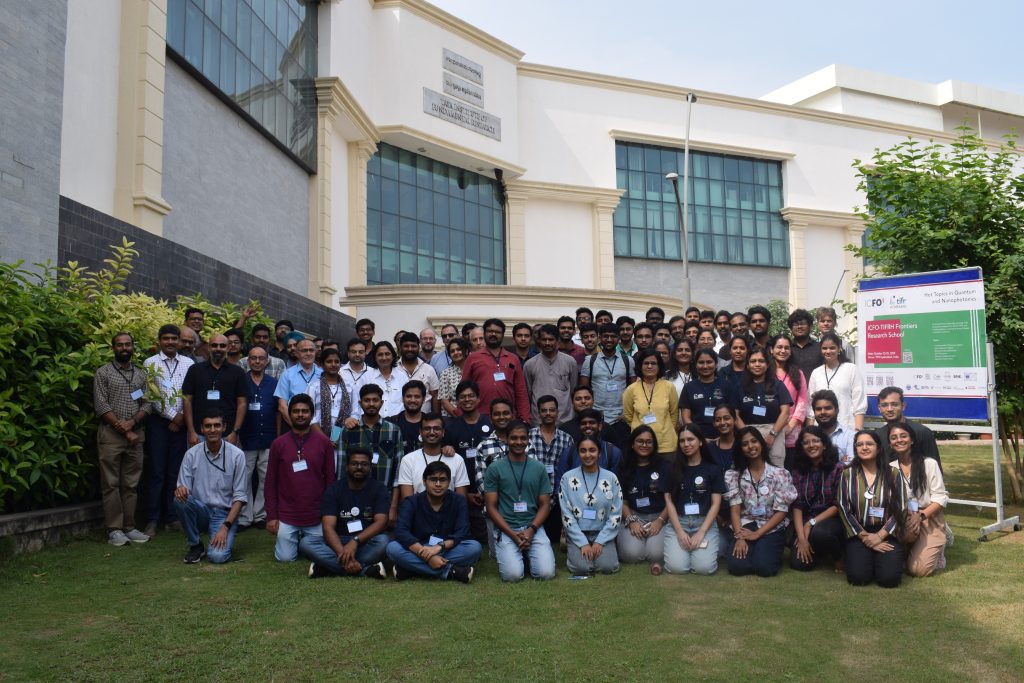
Day 1 opened with a welcome address, followed by Prof. S. Lakshmi Bala from IIT Madras introducing key principles of quantum optics. Prof. Morgan Mitchell from ICFO discussed quantum features of light-matter interactions, showcasing their applications in quantum technologies. Sessions later in the day explored the use of quantum optical sensors for magnetic field detection and quantum lidar applications for space, led by Dr. G. Rajalakshmi and Dr. Sankar Davuluri. Prof. Mustansir Barma concluded with an overview of Homi Bhabha’s legacy and TIFR’s historical role in establishing India’s atomic energy program, bridging achievements from past to present.
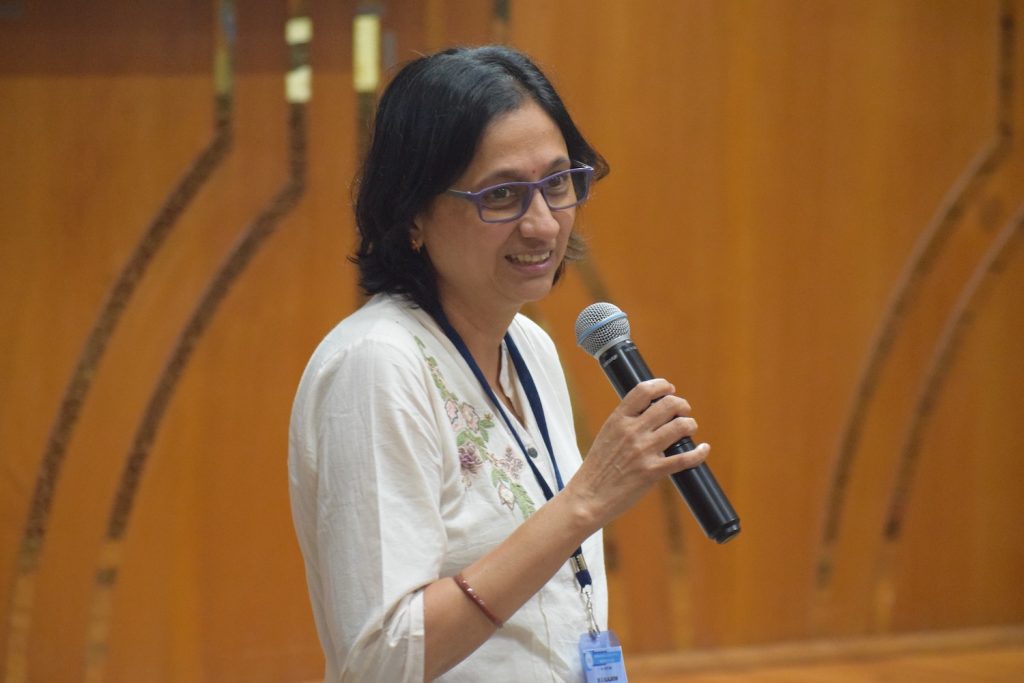
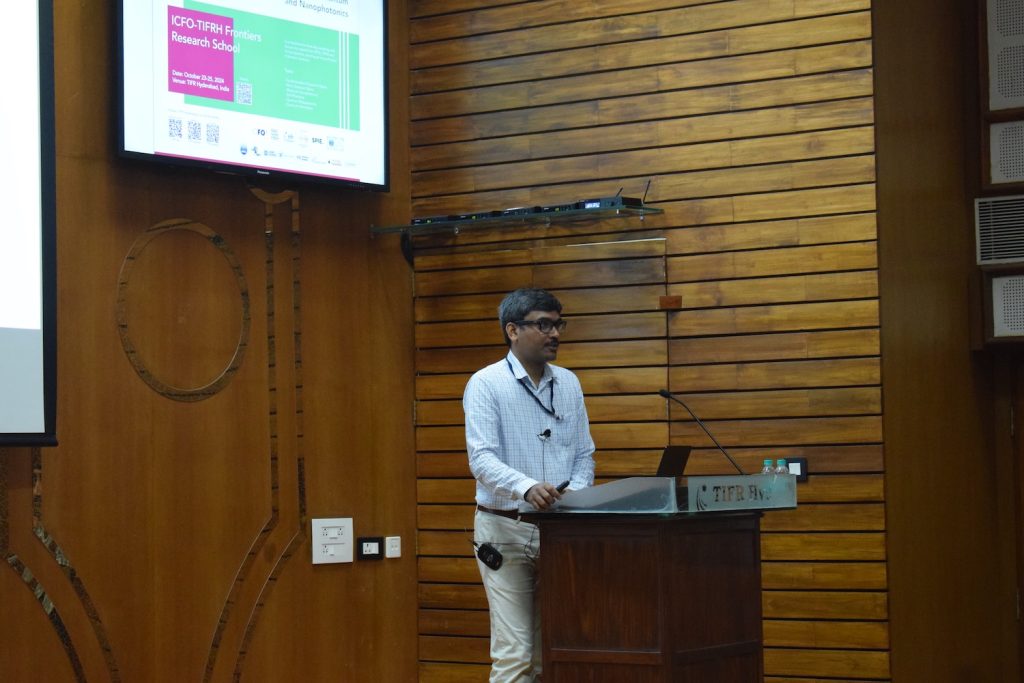
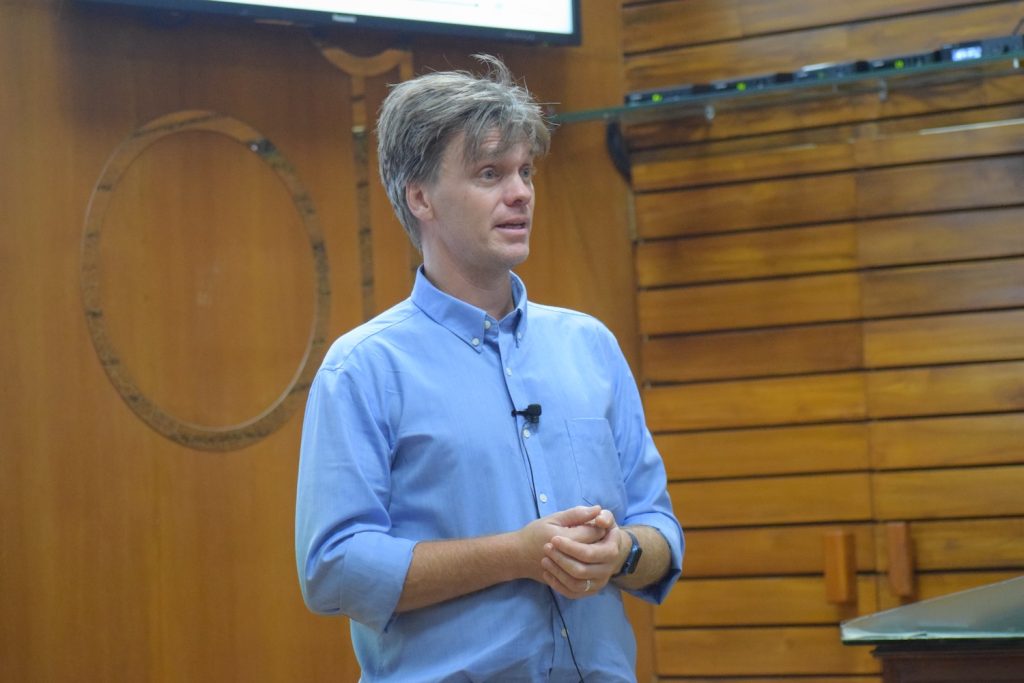
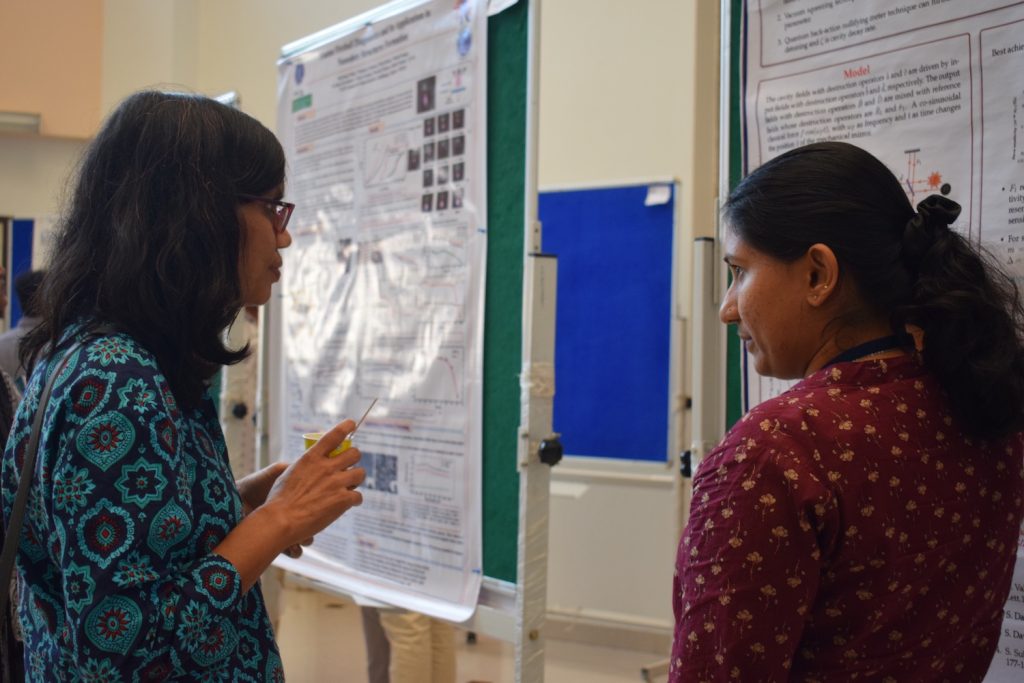
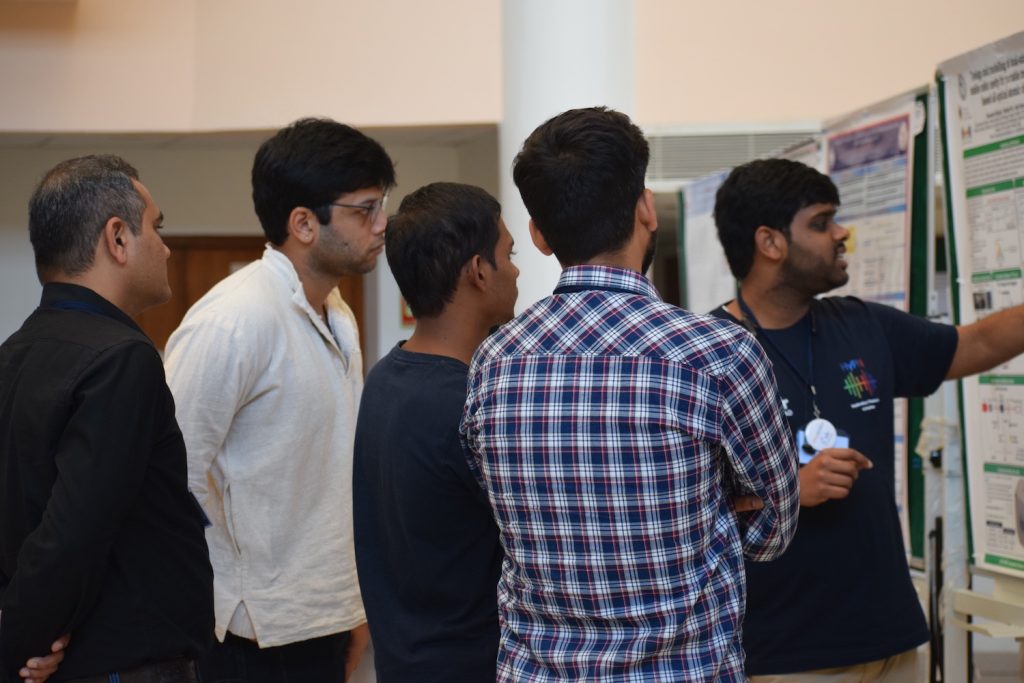
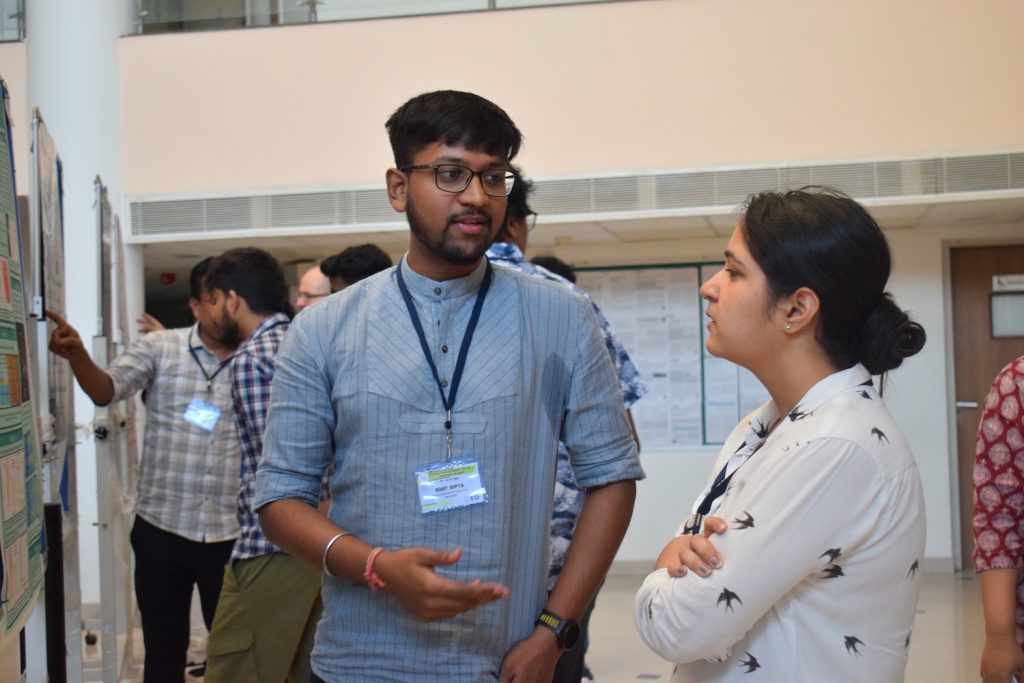
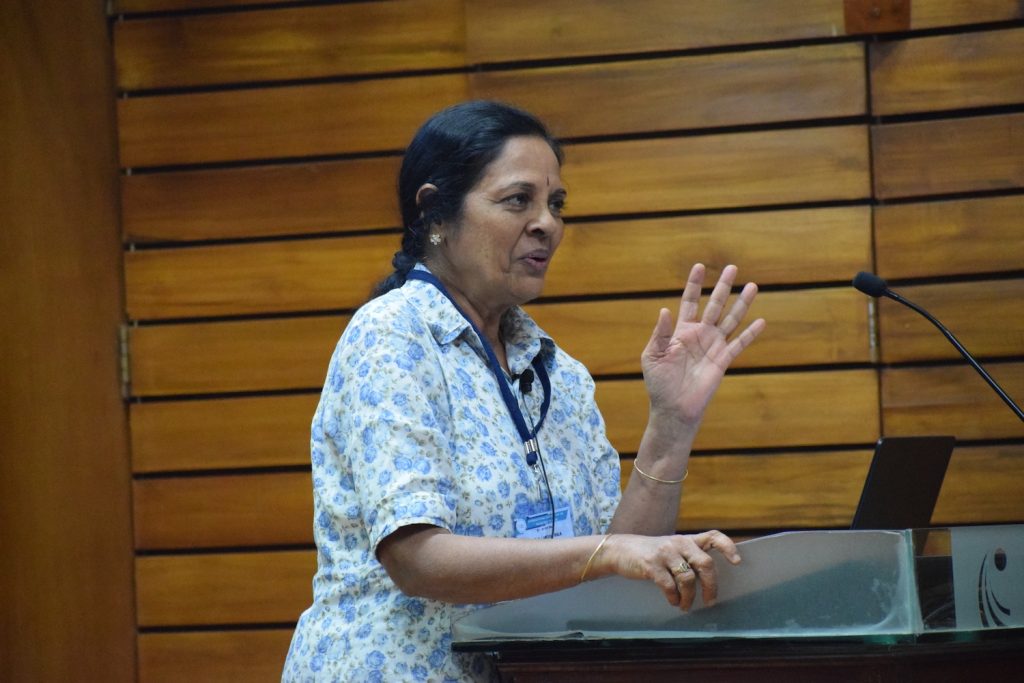
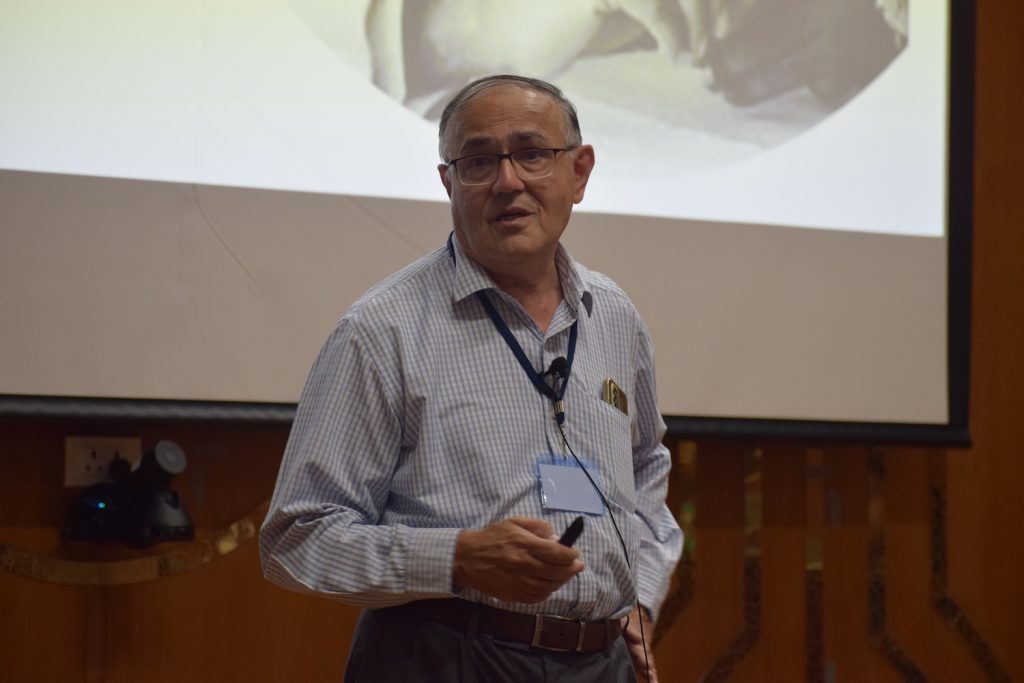
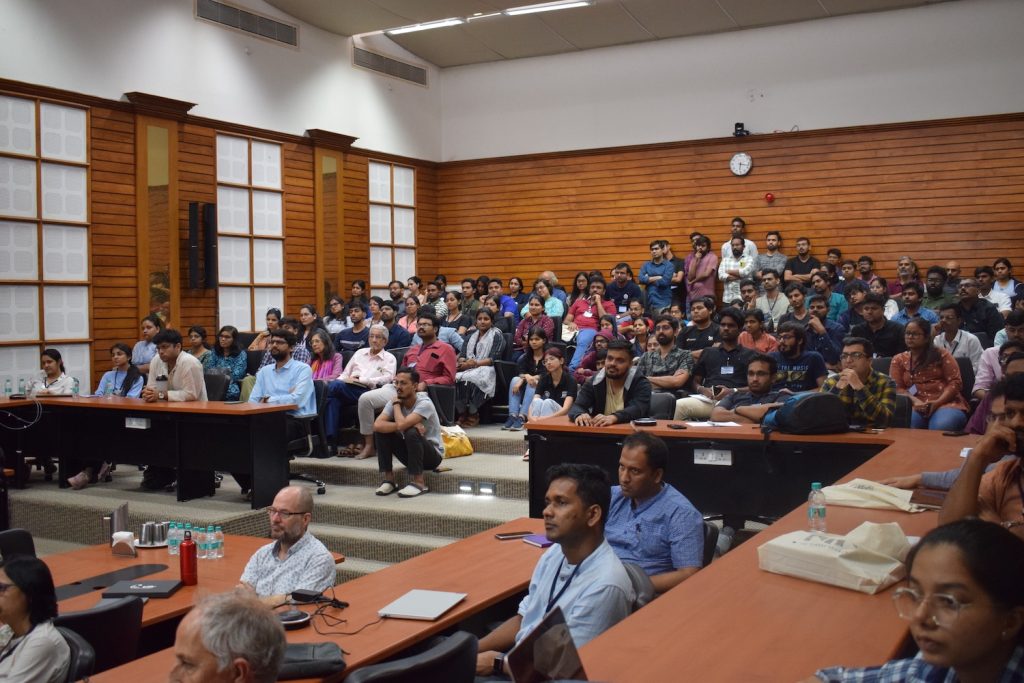
Day 2 shifted focus to nanophotonics and energy-efficient optical applications, starting with Prof. Niek van Hulst’s presentation on nanophotonics in light harvesting. Dr. Anku Guha followed with insights on electrocatalysis applications, emphasizing how nanotechnology aids in clean energy solutions. The afternoon featured Prof. G. V. Pavan Kumar discussing optothermal tweezers, highlighting their role in manipulating particles through light. Quantum computing and cryptography talks were delivered by Prof. Antonio Acin, while Prof. C. M. Chandrashekar discussed photonic quantum computing. The day concluded with a formal networking dinner.
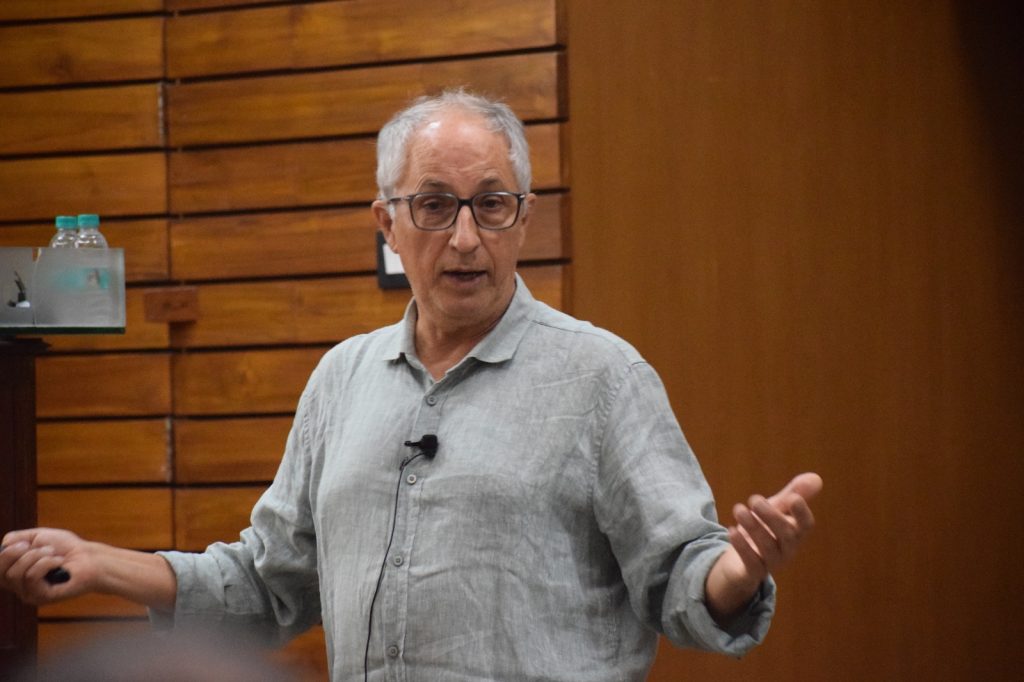
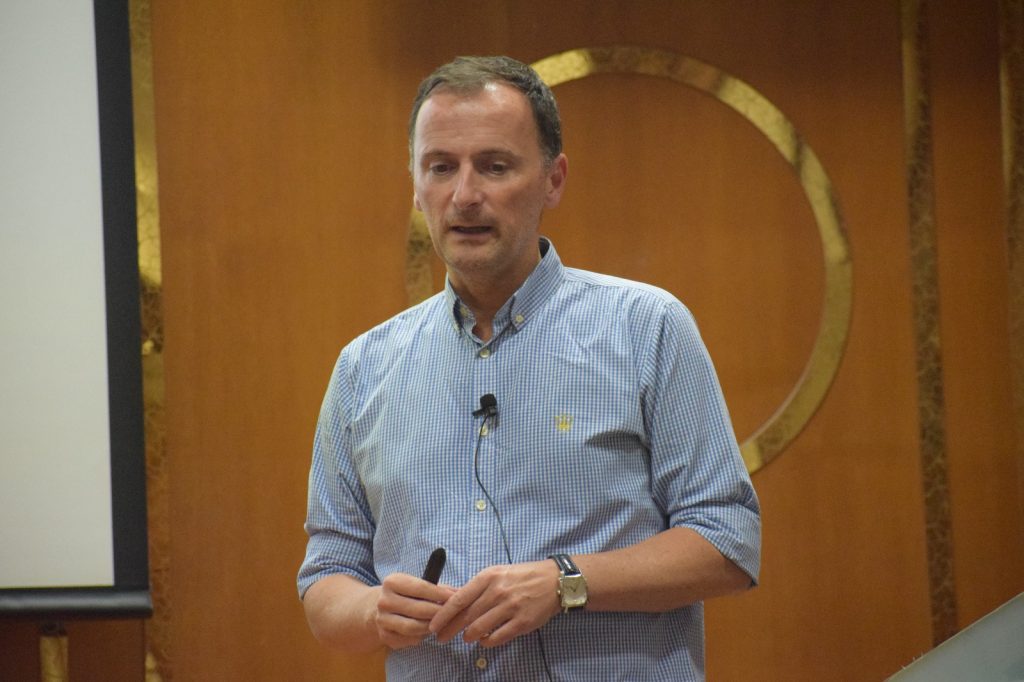
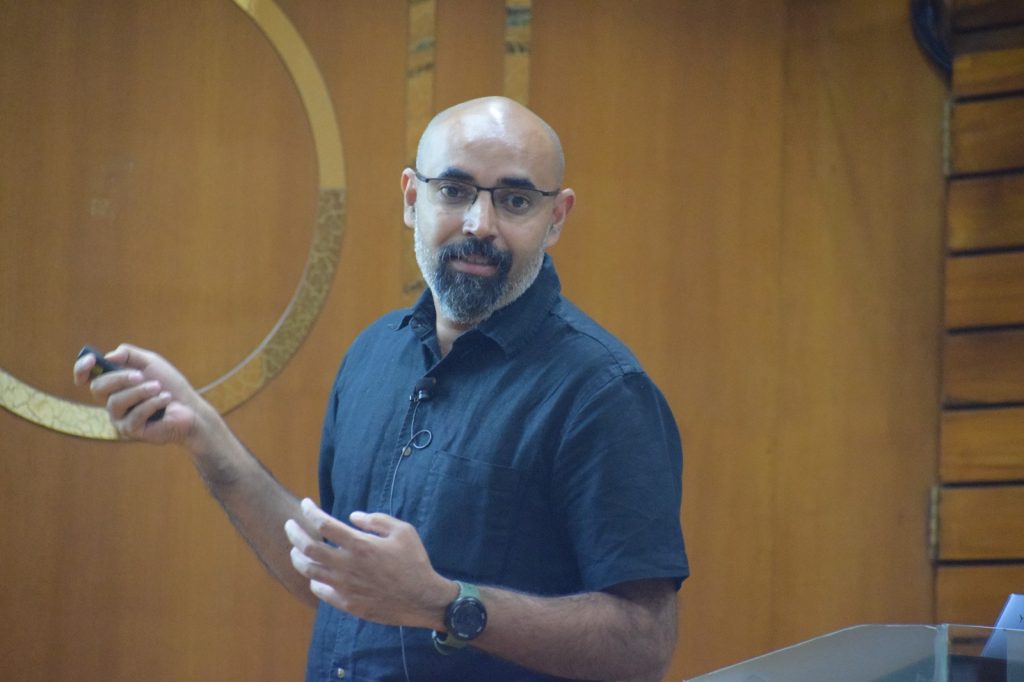
Day 3 emphasized practical applications in photonic sciences. Prof. Saikat Ghosh led a tutorial on quantum measurements using atomic magnetometry, a technique crucial for sensitive detection. Dr. Arun S from IIT Bombay introduced breakthroughs in supercontinuum fiber lasers. Prof. Robert Sewell discussed career pathways in photonics, and Dr. Deepak Jain covered the challenges of translating research into commercial products.
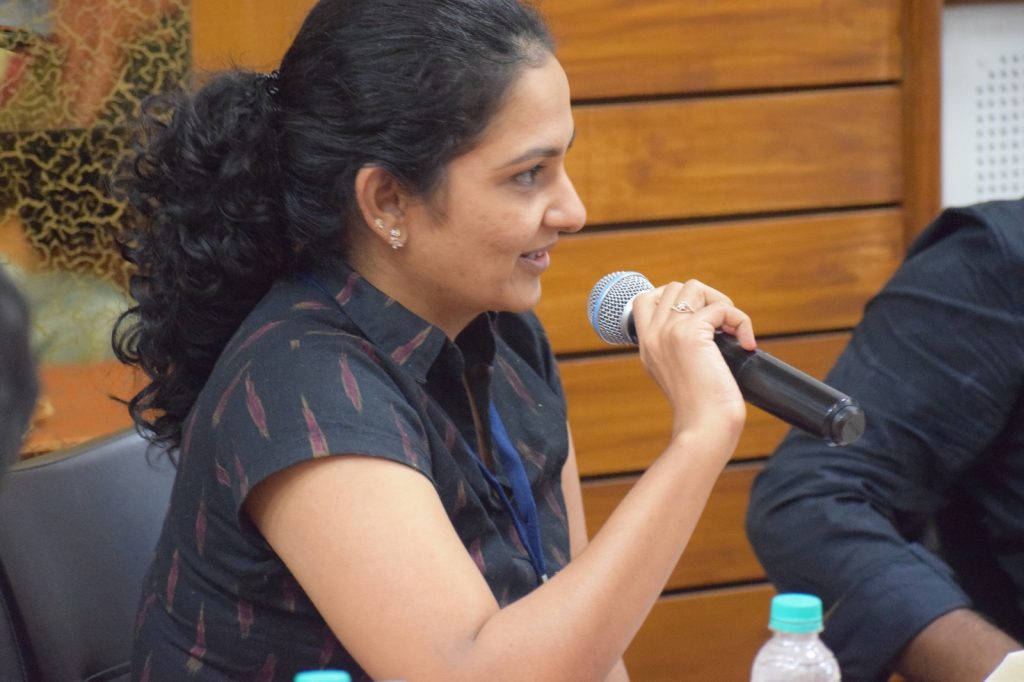
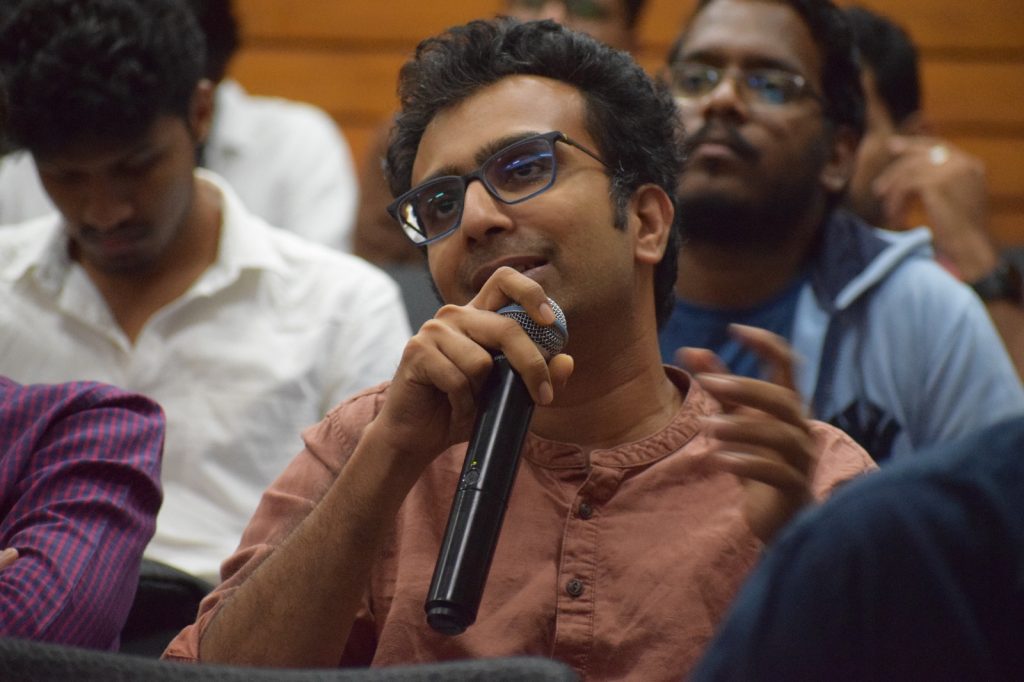
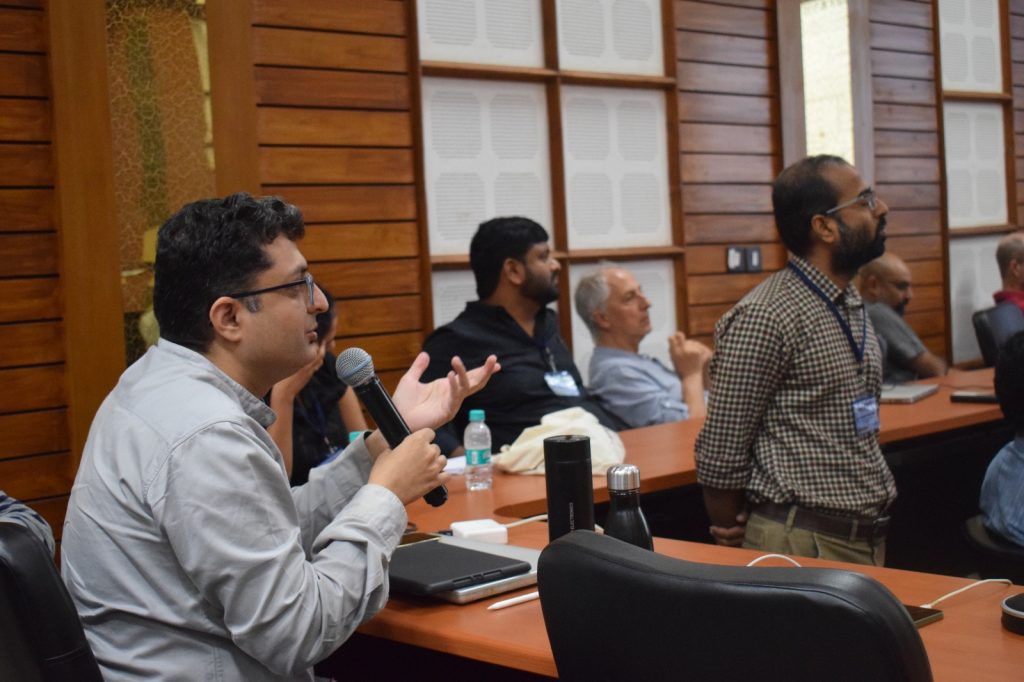
The TIFRH Network of Students (NeSt) in optics proactively initiated interactions with their peers from other institutions, creating a collaborative environment for exploring ideas and professional opportunities. This active networking fostered a sense of community, bridging gaps between organizations and linking students to a broader, international scientific network. The School served as a valuable platform for attendees to engage deeply with cutting-edge photonics science topics, develop their understanding of complex concepts, and connect with international colleagues.
[Link to twitter thread: https://x.com/TIFRH_buzz/status/1849115329383047647]
